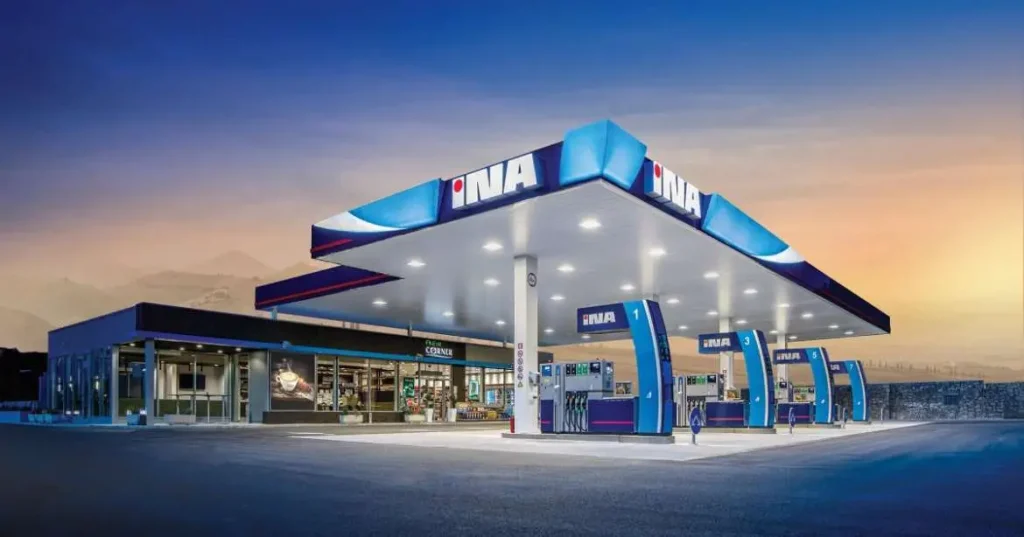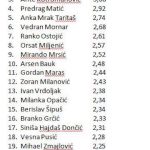The government today tasked the Economy Ministry with requesting the Swiss Federal Supreme Court to review a decision of the UN Commission on International Trade Law (UNCITRAL) of 23 December 2016 in order to declare null and void an amended agreement on relations between INA shareholders and an agreement on INA’s gas business, both signed in 2009.
The ministry was also tasked with continuing activities concerning Croatia’s participation in the arbitration process which MOL launched in 2013 before the International Centre for Settlement of Investment Disputes.
Speaking to the press after a cabinet meeting, Ćorić said Croatia had analysed possible courses of action based on a Croatian Supreme Court sentence of six weeks ago against former prime minister Ivo Sanader for taking a bribe from MOL head Zsolt Hernadi.
Based on those analyses, legal opinions, and consultations with the State Attorney’s Office, the Zagreb Faculty of Law’s private international law department, the Squire Patton Boggs law office, which represents Croatia in arbitration proceedings, and the Swiss law office Lalive, it was decided to request a review of the arbitration award.
In the context of the review and the Croatian Supreme Court sentence, Croatia believes that its legal position is considerably better than it was in 2016, Ćorić said, adding that communication with Hungary on the buyback would be put on hold until after the review. “We believe it’s the only reasonable decision at the moment.”
The review motion may be filed at the Swiss court until 8 February and a response is expected by the end of 2022.
Ćorić said the review did not mean that Croatia’s requests would be granted. “But if the review does occur and the court upholds Croatia’s position, only then can an arbitration procedure in this case be relaunched.”
First and foremost, this means that Croatia is looking for the possibility of a new arbitration procedure, he added.
Croatia had the money for the ‘real price’ of MOL’s stake in INA
Ćorić went on to say that Croatia had continued to communicate with Hungary on the possibility of a buyback after the Lazard consultant completed its estimate of the value of MOL’s stake in INA.
The two sides had different assessments of the value of the company and the stake, he said, “and we failed to reach a decision on the buyback.” He would not say how much Croatia offered for the stake nor how much Hungary asked for it.
After a journalist claimed that today’s decision by the government was a manoeuvre because there was no money to buy back MOL’s stake in INA, Ćorić said Croatia had the money for what it considered was “the real price” of the stake.
He also disagreed with a journalist’s claim that the process was suspended for fear that the public debt would increase in the event of the buyback, which would put Croatia’s euro area accession at risk.
Ćorić said Croatia launched a review of the UNCITRAL decision before the Swiss court already in 2016, but the legal circumstances were somewhat different because the Croatian Constitutional Court had quashed the ruling in the INA-MOL case before a verdict was delivered.
Responding to questions from the press, he said the cancellation of the agreements from 2009 would presuppose going back to how it was in 2003, when the shareholders were more equal, adding that this would give Croatia more room for manoeuvre in the management of INA.
Whatever any arbitration court decides, he said, it “can’t erase the past 18 years of cooperation, better or worse, between Croatia and MOL in the management of INA.”
He told MOL that the Croatian government, anticipating the Croatian Supreme Court’s ruling from October, had been taking the legal action at its disposal.
He also said that due to the rise in oil and petrol products’ prices, he expected INA’s business results for this year to be very good.











